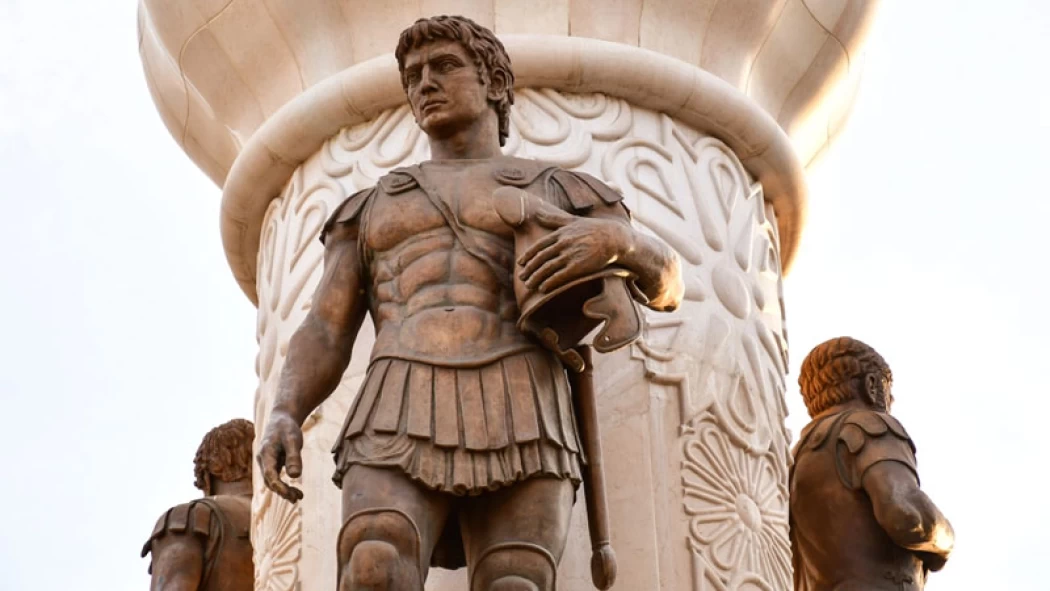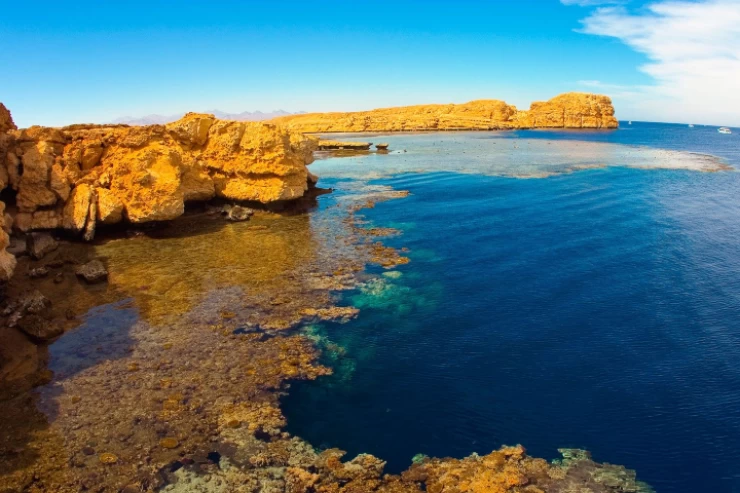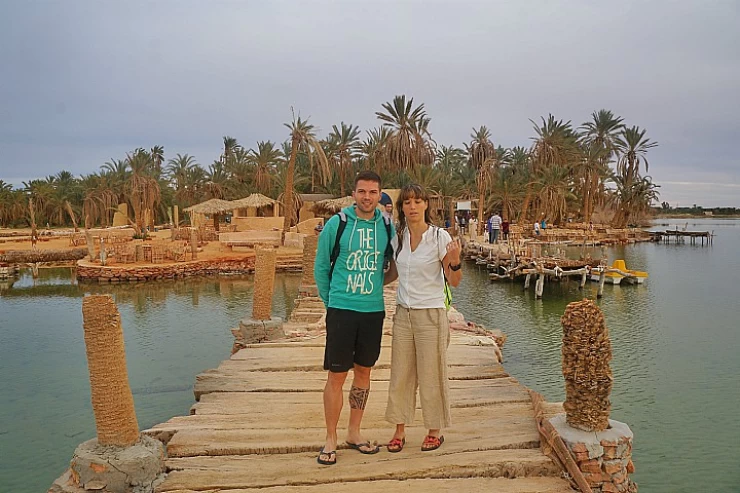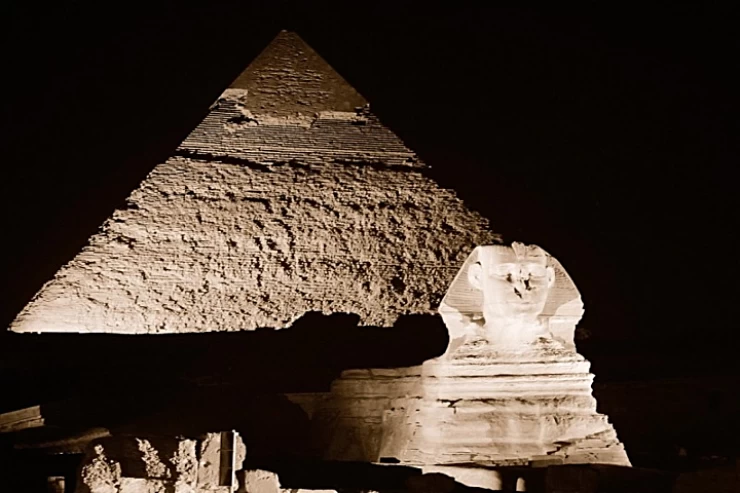
亚历山大大帝
亚历山大大帝
希腊文化的支持者和传播者,马其顿国王,埃及法老,希腊联盟的霸主,波斯帝国的沙阿。 他在12年征服了波斯帝国—从小亚细亚到埃及,巴基斯坦,阿富汗和印度。
他和所有真正的男人一样,被称为马其顿的亚历山大三世,最终被其他人称为亚历山大大帝。 他出生于公元前356年在马其顿首都佩拉,是国王菲利普二世和奥林比亚斯女王的儿子。 从小,他就能表现出极大的智慧和野心。 为了在父亲的指导下接受卓越的教育,他不得不在大部分时间里与亚里士多德一起阅读和学习,亚里士多德在哲学,科学和军事战略的走廊里教他。 这种教育将把亚历山大塑造成一个天才,使他成为历史上最伟大的军事头脑之一。
掌权
公元前336年,亚历山大20岁,在父亲被暗杀后被立为马其顿国王。 他与巩固有关的第一个行为是那些旨在平息希腊叛乱并声称对希腊联盟的领导权的行为。 在他的指挥下,希腊人关注波斯人和他父亲的梦想--为波斯帝国实现征服。
马其顿的亚历山大
亚历山大大帝在征服生活后于公元前323年去世,享年33岁。 他的勇敢和传奇事迹不仅给他自己留下了很多灵感,也给那些在历史上追随他雄心勃勃的旅程的政治家和历史学家留下了很多灵感。
在政治和军事方面,他的教育家是他的父亲(菲利普二世,公元前359年的马其顿国王和公元前338年的希腊征服者)。 相反,他的知识分子老师是希腊哲学家亚里士多德,他通过阅读伟大的荷马诗来接近他,并通过传播希腊人优于野蛮人,特别是波斯人的思想,使他对希腊文化充满热情。
亚历山大大帝在16岁的时候,在父亲缺席之后,获得了王国的摄政权。 在18,他提供了他的第一次重大军事测试,在公元前338的Chaeronea战役中勇敢地战斗,马其顿人击败了希腊人的军队。 公元前336年,亚历山大大帝在他的父亲菲利普被他的保镖之一波萨尼亚斯暗杀后成为马其顿国王。
亚历山大登基并不容易。 菲利普的死造成了政府问题,唤醒了不太愿意接受马其顿权威的希腊城市独立的希望。 它还阻止了马其顿国王为入侵亚洲和击败波斯人而建立的远征。
古埃及的结束始于公元前525年失去的入侵,公元前332年,亚历山大大帝占领了这个国家并建立了一个新的王国:
亚历山大大帝的征服并没有在人口中找到巨大的阻力;相反,鉴于埃及人对波斯人的仇恨,马其顿国王几乎作为解放者受到欢迎。
亚历山大大帝在埃及建立了亚历山大港,这是该国几个世纪的首都。 在他去世后,政府传给了托勒密,托勒密将亚历山大变成了一个强大的经济中心,主导了地中海和爱琴海的贸易路线。 在托勒密时期,建造了卢克索,阿斯旺,埃斯纳,埃德夫和孔翁博的寺庙,埃及再次恢复了其古老的重要性。不用担心如何理解埃及历史的关键术语,我们将有一位埃及学家导游为您答疑解惑。
然后,对于那些前往亚历山大市的人,亚历山大成立,并为那些谁愿意利用其许多美丽的海岸景色,在这里开罗顶级旅游,我们可以为您提供! 我们每天都有从亚历山大港到埃及所有其他地方的旅游选择,以获得更多关于这次旅行的信息。 此外,我们确实提供了一个消息灵通的导游,可以通过一个有效的教育者对亚历山大丰富的历史。
伟大的征服者亚历山大将超越整个波斯帝国的血腥战场,夺取几乎从他的出生地希腊延伸到印度北部边缘的土地。 他创造了一种新的文化,在这种文化中,希腊的理想与征服了语言、政治、艺术和文学以及宗教的领土上已经盛行的文化混合在一起。
埃及的历史将包含埃及文明,其特点是像亚历山大大帝这样的伟大英雄,对于那些有兴趣了解埃及历史的人来说。
Supporter and propagator of Hellenistic culture, the King of Macedonia, the Pharaoh of Egypt, the hegemon of the Hellenic League, and the Shah of the Persian Empire. He conquered the Persian Empire—from Asia Minor to Egypt, Pakistan, Afghanistan, and India—in 12 years.
He, like all real men, was called Alexander III of Macedon, and eventually Alexander the Great by others. He was born in 356 BC in Pella, the Macedonian capital, being the son of King Philip II and Queen Olympias. From an early age, he could show great intelligence and ambition. To be educated with exceptional instruction under his own father, he had to read and study for the most part with Aristotle, who taught him in the corridors of philosophy, science, and military strategy. This education would mold Alexander later into a talent that would shape him as one of the greatest military minds of history.
At the age of 20, in 336 BCE, Alexander was made king of Macedon after the assassination of his father. His first acts associated with consolidation were those aimed at putting down rebellions in Greece and at claiming leadership over the Hellenic League. The Greeks under his command had their eye on the Persians and his father's vision-dream—to realize conquest for the Persian Empire.
Alexander the Great died, aged 33, in 323 B.C., after a life of conquest. His bravery and legendary deeds left much inspiration not only to himself but also to politicians and historians who have followed his ambitious journey throughout history.
On the political and military plane, his educator was his father (Philip II, king of Macedonia from 359 B.C. and conqueror of Greece in 338 B.C.). Instead, his intellectual teacher was the Greek philosopher Aristotle, who approached him with the reading of the great Homeric poems and made him passionate about Greek culture by transmitting the idea of the superiority of the Greeks over the barbarian peoples and, in particular, the Persians.
Alexander's accession to the throne was not easy. Philip's death created government problems and awakened the hopes of independence of Greek cities less willing to accept the authority of Macedonia. It also blocked the expedition that the Macedonian king was setting up to invade Asia and defeat the Persians.


















